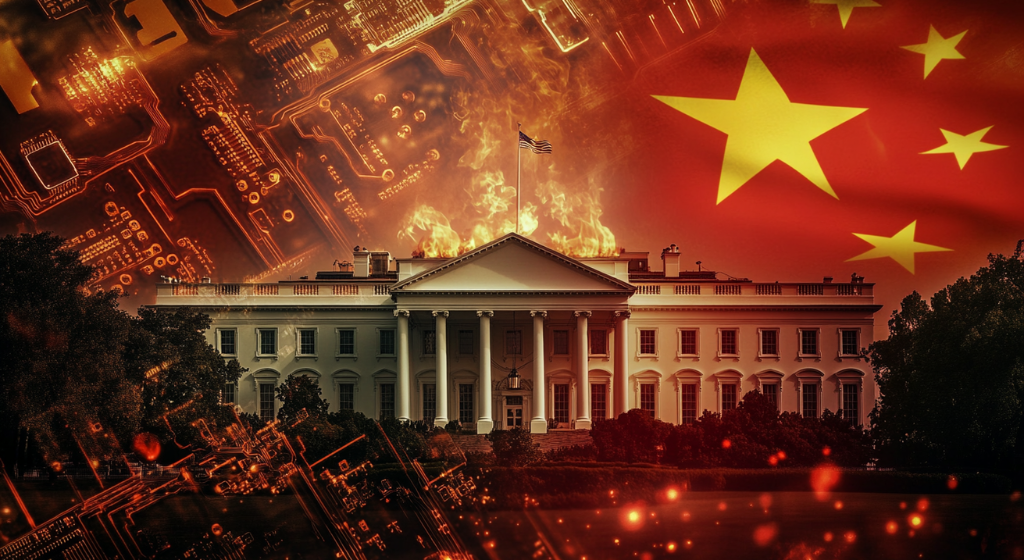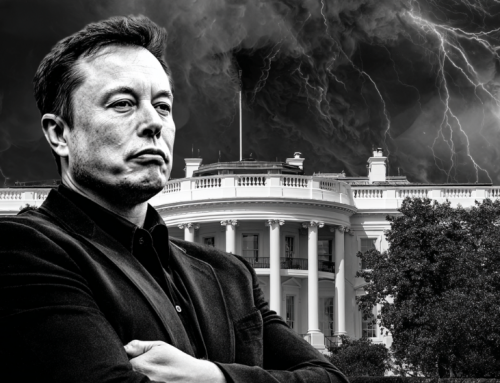
The U.S. has blacklisted over 50 Chinese tech firms in a sweeping move to block Beijing’s access to advanced AI and quantum technologies, escalating tensions over national security and global tech dominance. (Source: Image by RR)
Export Blacklist Includes Huawei Suppliers and Firms Aiding China’s Quantum Research
The U.S. government has placed over 50 Chinese tech companies on its export blacklist, barring them from accessing American technology without special permits, in a renewed push under the Trump administration to curb China’s advances in AI, supercomputing and quantum technologies. This marks the first such move since Trump returned to office and reflects broader efforts to limit Beijing’s access to high-performance computing tools that could support military modernization.
Among the targeted firms are companies involved in developing advanced AI chips, supplying sanctioned firms like Huawei and HiSilicon, and advancing China’s quantum research. According to a story in cnbc.com, six subsidiaries of the cloud-computing firm Inspur Group, already blacklisted under the Biden administration, were also included. The Commerce Department stated that many of these organizations were acting against U.S. national security and foreign policy interests, including supporting exascale computing capabilities.
Chinese officials condemned the move, urging the U.S. to stop using national security as a pretext for economic suppression. Experts warn that despite sanctions, Chinese companies have found ways to obtain U.S. technologies via third-party intermediaries. In response, U.S. authorities are stepping up efforts to trace unauthorized sales of advanced semiconductors from companies like Nvidia and AMD.
The Biden-era “small yard, high fence” policy laid the groundwork for these restrictions, aiming to limit a narrow set of high-risk technologies while preserving broader trade ties. Commerce officials emphasized that the blacklist is a key tool in preventing adversarial powers from leveraging U.S. innovations for military applications, such as UAVs, hypersonic missiles, and AI-powered weapons systems.
read more at cnbc.com







Leave A Comment